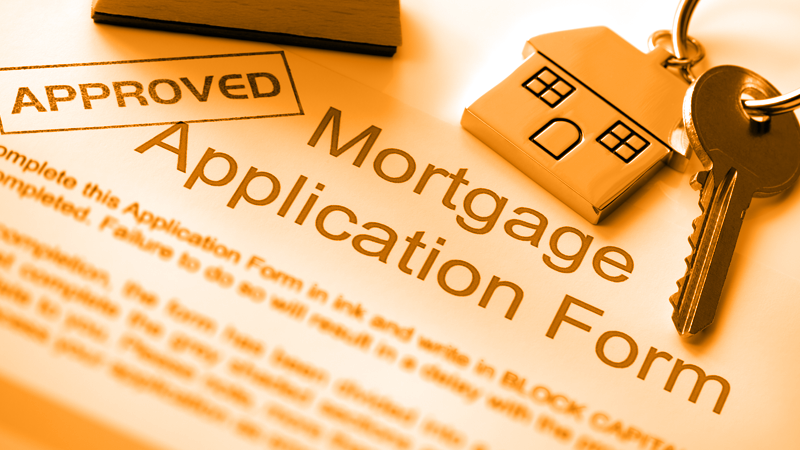Statistics featured by Statista show us that when Covid 19 struck, home buyer levels plummeted to below 2016 levels, spurring on the government to introduce schemes like the Help to Buy scheme.
One of the biggest perks of the Help to Buy mortgage scheme is that first-time buyers only needed to accrue a 5% deposit. The government would provide an equity loan to the value of 20% of the purchase price.
The mortgage was interest-free for five years, and the mortgage provided, thanks to the government contribution, was 75% of the property value.
According to the UK government, Help to Buy mortgage schemes were introduced in 2021. A short-lived success, the scheme was closed to new applications on 31 October 2022.
Transactions part of the scheme were meant to be finalised by 31 March 2022, but some homebuilders were allowed to extend until 31 May 2023 to make it easier for buyers to complete the purchasing process.
Now that the Help to Buy scheme is discontinued, people hoping to get assistance in buying a UK home may wonder what their options are.
What are the alternatives to the Help to Buy scheme in the UK?
Alternatives to the Help to Buy Scheme
There is no official government alternative to the Help to Buy mortgage scheme, but several options can serve as viable alternatives to the scheme.
Some of the options you can consider, include the following:
- Deposit Unlock
Deposit Unlock is very similar to the Buy to Let scheme in that it focuses on funding the purchase of a new build with a 5% deposit as opposed to the usual 20% requirement.
With this scheme, the builder will insure the mortgage, which leads to the lender seeing the transaction as less risky when providing a 95% mortgage.
- Deposit Boost
If you’re renting a property and paying high bills thanks to the cost-of-living crisis, it wouldn’t be surprising that saving a hefty deposit for purchasing a home can be challenging.
If you’re in the process of saving a deposit and have family and friends who may be interested in helping you, a deposit boost could be the answer.
Deposit Boost mortgages are unlike guarantor mortgages. With a guarantor mortgage, the guarantor is linked to your loan, which means if you don’t pay, they become liable.
On the contrary, Deposit Boost options, the person assisting you can remortgage their property to release some equity for your deposit. If you default on your mortgage, it won’t have an impact on that person whatsoever.
- Professional Mortgage
If you’re a doctor, accountant, lawyer, or nurse, the lender may consider you for a professional mortgage.
This type of mortgage allows the application to borrow around 5 or 6 times their salary and pay the lowest possible deposit of 5% if buying a property that’s not a new build.
Only applicants who have qualified in the last 10 years are eligible for a professional mortgage and will need to prove that they are registered and licensed with the required professional bodies in the UK.
- Income Boost Mortgage
Income boost mortgages are like deposit boost options. They increase buying potential by making it possible for a family member or friend to add their income to yours when making the mortgage application.
This makes it similar to a joint mortgage, too. As mortgage providers generally only allow mortgage totals of 4 or 5 times a person’s salary, adding an additional income to the application can make it possible to afford a home that better suits your needs.
One of the perks of this type of mortgage is that you can add more than one booster to the mortgage to increase your buying power.
- Springboard Mortgage
These mortgages are sometimes referred to as “Savings as Security” mortgages and are another way family members can help buyers purchase the property they want.
Instead of remortgaging their home or adding their income to your application, the springboard mortgage enables family members to use their savings as security on your application.
This is usually based on willing family members putting up a 10% percentage of the property’s value into a savings account held by the lender.
The money stays in the savings account for a set period, and as long as you make your regular monthly payments, the amount will be returned to them with interest, as you will then own a certain amount of equity in the property.
- Shared Ownership Mortgage
Buyers who can’t afford the mortgage they need to purchase a property can choose to buy a share in the property and pay rent on the amount they cannot afford.
Most homeowners can buy between 10% and 75% of the home’s value.
In such an instance, the balance of the property will be owned by the local council, a housing association, or a private company.
This entity will be the landlord and charge rent on the portion of the property that they own.
If you want to eventually own the entire property, you can choose to do something called “staircasing” which means you gradually increase your share in the property until you own it outright.
- Dynamic Ownership Mortgage
If you have a group of trusted friends or family members that would be willing to purchase property together, a dynamic ownership mortgage may be the right choice for you.
This type of mortgage allows the purchase of a property with up to 5 other people.
What’s great about this mortgage is that everyone contributes to paying the property off and individual contributions can be tracked.
If you ever choose to sell the property, your share will be determined by what portion of the property you paid off.
- Deposit Loan
You can boost your deposit with the help of a close family member or loved one. This person’s money is not a gift but a contribution in exchange for a share in the home.
Of course, if you don’t want to give the person a share in your property, you could look for a close family member willing to give you an interest-free loan that can be repaid when the property is sold. You’ll both be considered co-owners.
What Will Replace Help to Buy? Conclusion
Each of these mortgage options would be a viable alternative to the Buy to Let scheme that is no longer available.
If you aren’t sure which option is best suited to your financial situation, it’s recommended to consult with a mortgage advisor who can give you unbiased and sound advice based on your situation and how viable each mortgage option is.
Call us today on 01925 906 210 or contact us to speak to one of our friendly advisors.















